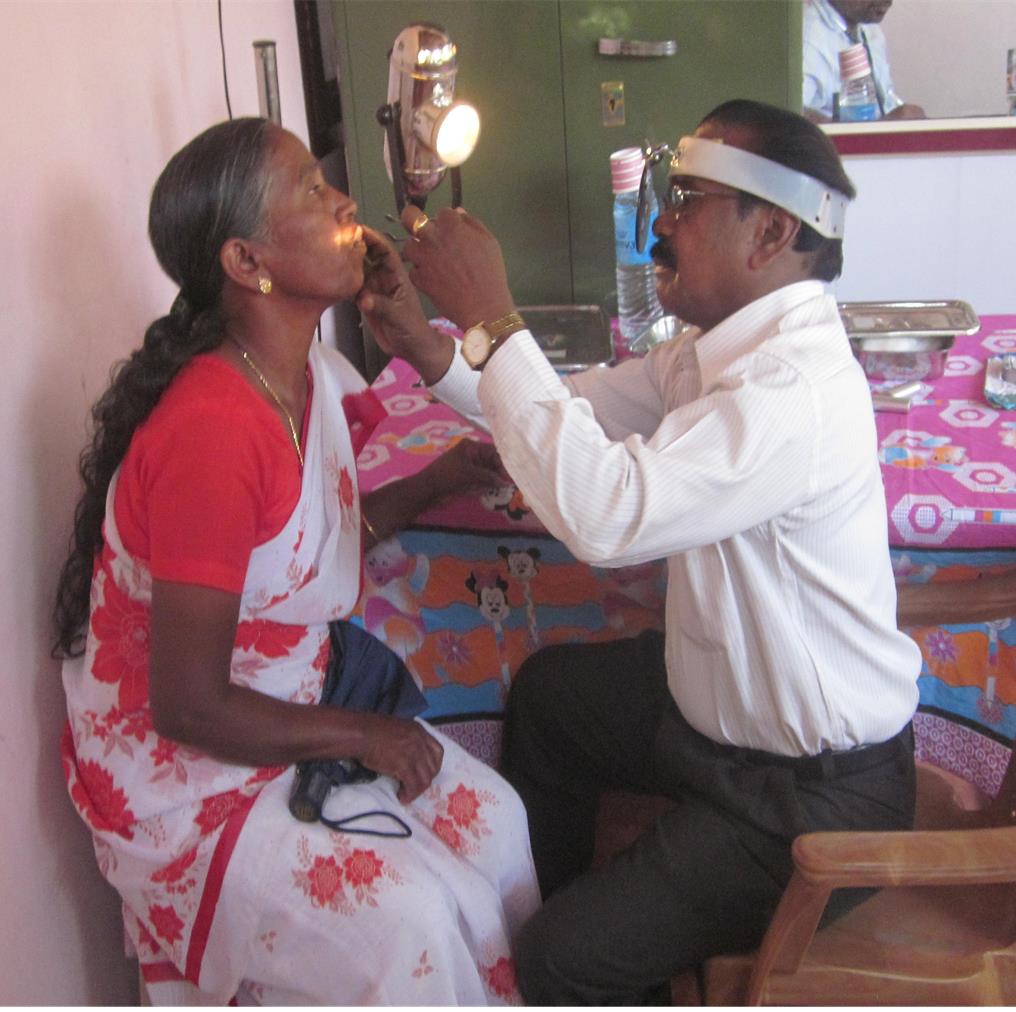I have been a supporter of Profugo for many years, but have recently made a decision to become more active in my support. I am a physician assistant by profession, but my true passion is social justice and public health. This led me to go back to school a few years ago, and earn a master’s degree in public health. I wanted to review some of the major global health issues that we faced in 2014, and examine the relationship between health and the developing world. One emerging public health issue is the increased prevalence of non-communicable diseases. Public health has made major strides over the years, and as a result, people are living longer. This rule of thumb doesn’t just apply to the Western world but to developing countries as well. This is great news, but there are consequences to a longer lifespan. People in the developing world are living long enough to develop chronic conditions associated with age such as cancer, heart disease, and diabetes. This provides a challenge to health systems and health care workers around the world, who must now shift gears in an effort to treat these chronic diseases.
However, as most of us are aware, the major public health headliner in 2014 was the Ebola outbreak. The statistics are sobering, and it is estimated that there were over 22,000 cases of Ebola resulting in 8,810 deaths. Over 10,000 children lost at least 1 parent to the outbreak. 2014 marked the most fatal outbreak of Ebola in all of recorded history. What went wrong? First of all, many argue that there was a delayed response by the world to the outbreak. In April of 2014, about 100 people had died from Ebola in West Africa, and Doctors Without Borders made a plea for a global response in order to prevent an “unprecedented epidemic”. Unfortunately, the global response didn’t occur until about mid-September. By then we were in the thick of the predicted epidemic. African burial traditions also contributed to the spread of the disease. Corpses were touched during burials and the disease was spread through the contact of bodily fluids. Finally, a major contributor to the spread of Ebola was the mistrust that patients had towards the very people who were trying to help them. Rural villages in particular had a wariness towards foreign aid workers and many workers were blocked from entering infected villages. For example, a team from Doctors Without Borders was stoned when they tried to enter a village in Guinea and forced to withdraw. This mistrust is fueled by accusations that the spread of Ebola was a result of bio warfare against Africa. Most notably, a Liberian born professor wrote a controversial article published in Liberia’s leading newspaper stating such claims. This mistrust led villages to destroy medical kits in Guinea for fear that the kits would actually infect their children. Thankfully, the outbreak seems to have slowed down despite these setbacks and according to the WHO, there were only 99 new cases of Ebola the week of January 25, 2015, which is the lowest since January 2014.
So what are the lessons learned from this outbreak? One of the major takeaways from this ev ent is the need for more community health workers. The underlying fuel for the spread of Ebola was ultimately a lack of health education. People did not understand that the disease was spread through direct contact with bodily fluids and thus did not protect themselves. This was exacerbated by a mistrust of foreigners who were deployed to treat and educate those at risk. A better strategy would have been to use native community health workers who were trusted by their neighbors and friends. These workers could have been trained to educate, treat and ultimately stunt the spread of the disease. There were other factors that contributed to the outbreak including chronic malnutrition, poor health and a lack of access to medical care. Community health workers will help meet all of those needs and will be instrumental not only in preventing future infectious outbreaks, but will also serve to treat chronic non-communicable diseases.
ent is the need for more community health workers. The underlying fuel for the spread of Ebola was ultimately a lack of health education. People did not understand that the disease was spread through direct contact with bodily fluids and thus did not protect themselves. This was exacerbated by a mistrust of foreigners who were deployed to treat and educate those at risk. A better strategy would have been to use native community health workers who were trusted by their neighbors and friends. These workers could have been trained to educate, treat and ultimately stunt the spread of the disease. There were other factors that contributed to the outbreak including chronic malnutrition, poor health and a lack of access to medical care. Community health workers will help meet all of those needs and will be instrumental not only in preventing future infectious outbreaks, but will also serve to treat chronic non-communicable diseases.
The good news is that we are on the right track! One of Profugo’s missions is to provide affordable and accessible health care. This will be done by partnering with local healthcare facilities, training community workers and providing health education. This vision is crucial to the health and wellbeing of those living in communities in need. When this vision becomes a reality, outbreaks can be prevented, diseases such as polio can be eradicated, and the chronic diseases associated with a longer lifespan can be treated. There is hope for a healthier world, but the effort must be a global one, and must start as a grassroots movement.
Sources:
http://www.intrahealth.org/page/top-10-global-health-issues-to-watch-in-2014
http://www.businessinsider.com/what-went-wrong-with-ebola-2014-9
http://www.cdc.gov/polio/updates/2014_1010.htm
http://www.huffingtonpost.com/2015/01/29/new-ebola-cases-fall_n_6568958.html
Broderick, C.E. (2014, September 9). “Ebola, AIDS Manufactured by Western Pharmaceuticals, UsDoD?” The Liberian Daily Observer. Retrieved from http://liberianobserver.com


Leave a Reply
You must be logged in to post a comment.